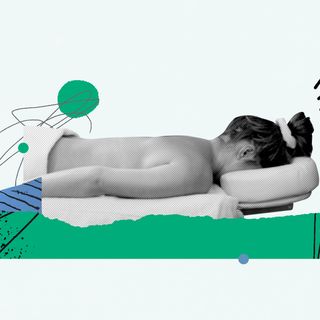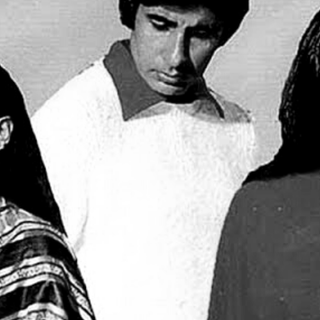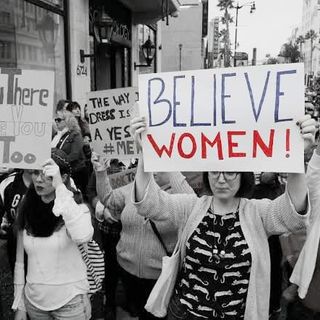A new study found that women wearing make-up were perceived as more trustworthy, compared to women without make-up, by both men and women. Additionally, men were more likely than women to trust women wearing make-up with larger sums of money than women were.
Published in the Journal of Economic Psychology, the researchers attempted to understand the influence of make-up on a women’s trustworthiness through the trust game experiment. But, instead of using glamorous or intense make-up on the subjects, the researchers used cosmetics on the participants to hide blemishes and “imperfections,” and highlight the eyes and lips to “enhance (their) facial attractiveness.” The results showed that both men and women displayed more trust towards women wearing make-up. But, interestingly, the men were more likely to transfer relatively larger amounts of money, as compared to their female counterparts, to these women. This led the researchers to conclude that visual manipulation using cosmetics increased attractiveness, and in turn, perceptions of trustworthiness — the very foundation of the concept of beauty premium.
The study has flaws, of course: it’s deeply heteronormative, and presumes the men favor made-up women because they find them more attractive. It also presumes that the benefit makeup confers on someone is attractiveness, rather than any number of other possible characteristics: cleanliness, professionalism, looking “pulled together.” Nonetheless, this study presents an insidious reality — that a woman’s trustworthiness — and possibly earning power — is dependent on how flawless her face appears.
Related on The Swaddle:
Women In Korea Are Destroying Their Make‑Up To Protest Sexist Beauty Standards
Beauty brand Chanel collaborated with researchers for a study, published in the British Journal of Psychology in 2018, that suggested manipulating one’s perceived age through makeup may provide critical professional benefits. However, instead of hailing beauty products as the thing that will save us from sexism in the workplace, we should address the root cause of the problem: patriarchy.
To explain this correlation between make-up and trustworthiness, psychologists describe that within milliseconds of us meeting someone for the first time, our brain processes facial cues and tries to establish non-verbal communication to help it assess the individual’s trustworthiness. “Flaws distract the brain’s attention; the more flaws, the less attention the observer pays to their facial expressions, decreasing the quality of non-verbal communication. So correcting these flaws with make-up doesn’t just improve your general appearance, it can actually enhance a person’s social assessment of you too,” Dr. Arnold Aubert, an experimental psychologist and associate professor at the Université François-Rabelais in France, told The Irish Times explaining why wearing make-up makes women appear more trustworthy.
It appears that despite the strides we make with body positivity, and no matter how much #NoMakeUpLook trends on social media, patriarchy continues to be one step ahead. “I don’t really feel pretty ever, without makeup. I feel ugly. And so I would have to sleep with makeup on, or feel ugly and gross,” Katy Perry had said once.
With women around the world struggling with make-up tax, unrealistic beauty standards and the resultant low self-esteem — the results of this study illustrate the grim reality that even in 2020, we are still far away from discarding gender and beauty norms.




